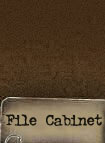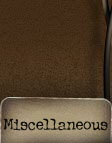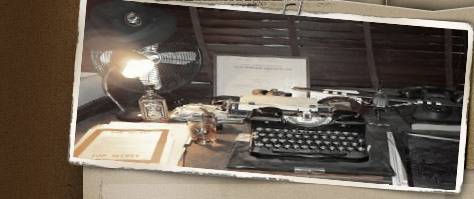|

File No.: Battle Study #
22
Title: Location where PFC Joe
E., Mann, ASN 39188121 earned the
Medal of Honor
Investigation made
at: Municipality of Best, The
Netherlands,
51° 30' 6" N 5° 25' 9" E
Period Covered: 19 SEP
1944
Date: JUN 2011 - JAN 2017
Case Classification:
Location of Historic Event
Status of Case:
Case Closed |
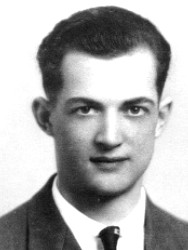 |
REASON FOR INVESTIGATION: It
came to our attention that the
location where Medal of Honor
recipient Private First Class Joe
Eugene Mann, rifleman, scout and
bazooka operator in "H" Company,
502nd Parachute Infantry Regiment,
was Killed In Action on September
19th, 1944 is not well known among
the general public.
There are two beautiful monuments
within the municipal limits of Best
in The Netherlands honoring this hero
who gave his life for his comrades
in arms. One, a tall white statue on
the grounds of the Joe Mann open air
theatre, was unveiled in 1956 in the
presents of Joe's parents. And
another one, near the bank of
the Wilhelmina Canal close to the Bosch Dijk bridge across this waterway,
was officially unveiled by Joe's
sister Irene. This monument features
a grey stone marker shaped like a
flower with parachute canopies for
its leafs, but due to its
resemblance to a headstone is often
referred to as "Joe Man's Grave"
locally. |
|
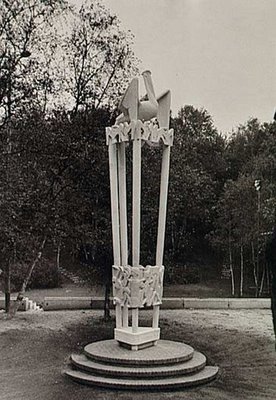
The Monument
dedicated to Joe Mann's sacrifice
for his comrades.
A tall statue with a pelican on top.
Dedicated in 1956.
Pelicans will wound themselves to
draw blood for their chicks to feed
in case food is unavailable. |
(Click to enlarge)
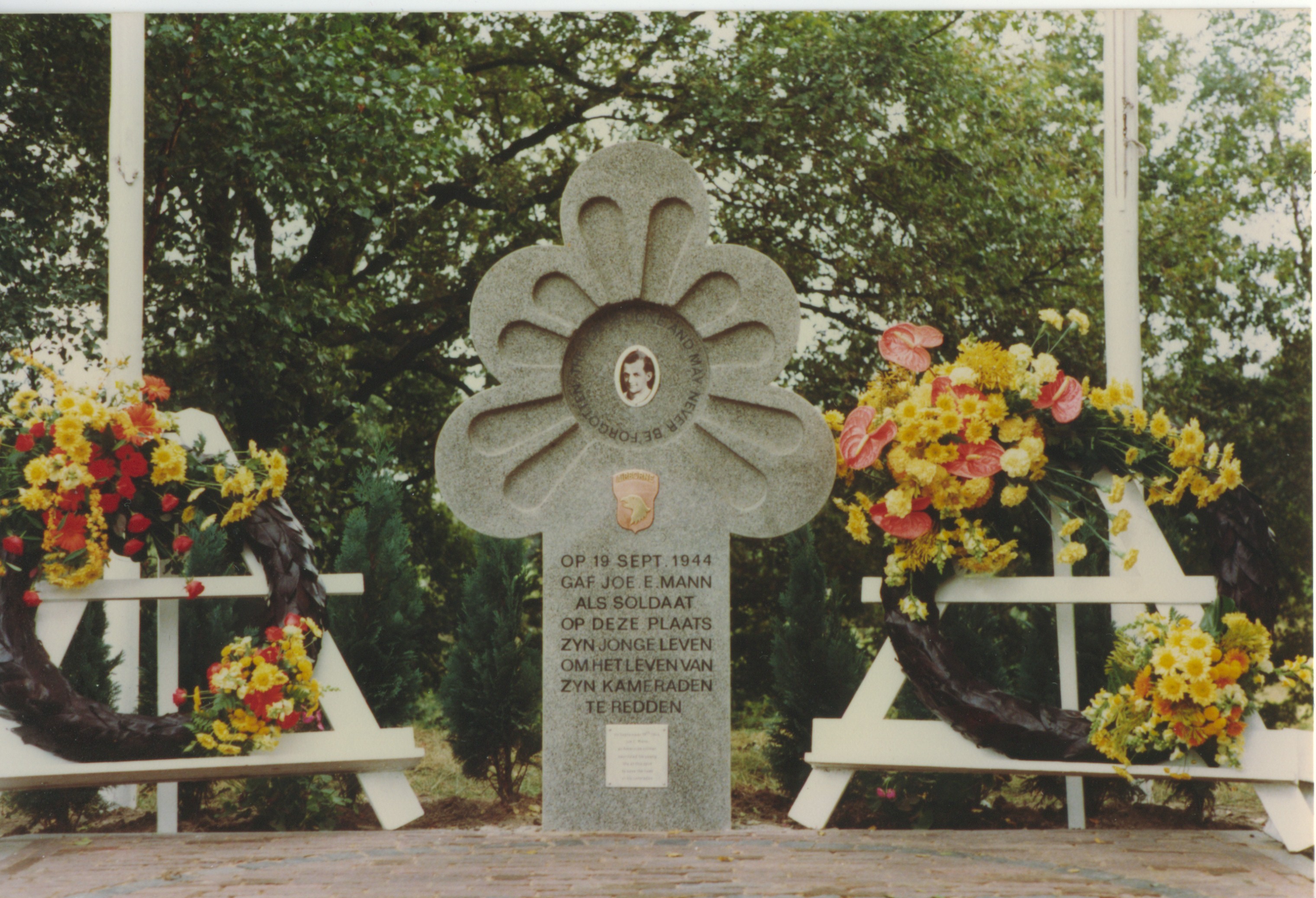
The Joe Mann Monument on Bos Laan
Zuid in Best near the location were
Joe Mann lost his live.
Dedicated in 1984. |
|
(Click to enlarge)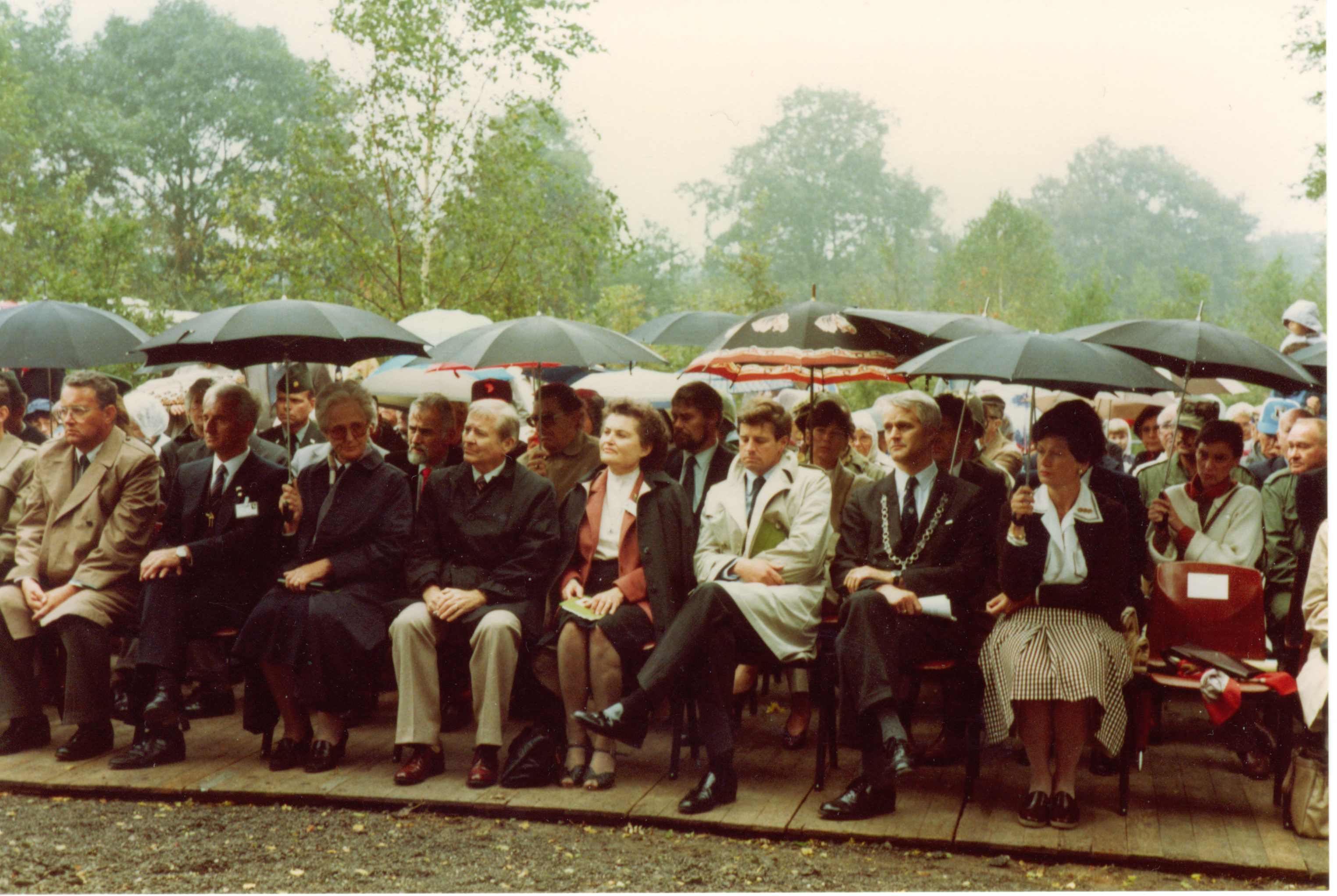
Joe Mann Monument dedication.
Dignitaries watching the ceremony.
In center is Joe Mann's
sister, Irene Bennett-Mann.
To her right is US Ambassador to the
Netherlands
Paul Bremmer ("We got him!") III. |
Neither monuments are situated on
the exact location where Joe was
killed in action.
In this study we focus on that spot.
Battledetective.com read reports,
conducted interviews, studied after
action reports, post-war footage and
publications and visited the
battlefield several times. |
SYNOPSIS:
The actions of Private First Class
Joe Eugene Mann, US Army Serial
Number 39188121, which earned him
the Medal of Honor, are described in
the citation for his decoration:
"Rank and organization:
Private First Class, U.S. Army,
Company H, 502d Parachute Infantry,
101st Airborne Division.
Place and date: Best, Holland, 18
September 1944.
Entered service at: Seattle,
Washington.
Birth: Reardan, Washington.
G.O. No.: 73, 30 August 1945.
Citation: He distinguished himself
by conspicuous gallantry above and
beyond the call of duty.
On 18 September 1944, in the
vicinity of Best, Holland, his
platoon, attempting to seize the
bridge across the Wilhelmina Canal,
was surrounded and isolated by an
enemy force greatly superior in
personnel and firepower. Acting as
lead scout, Pfc. Mann boldly crept
to within rocket-launcher range of
an enemy artillery position and, in
the face of heavy enemy fire,
destroyed an 88mm. gun and an
ammunition dump. Completely
disregarding the great danger
involved, he remained in his exposed
position, and, with his M-1 rifle,
killed the enemy one by one until he
was wounded 4 times. Taken to a
covered position, he insisted on
returning to a forward position to
stand guard during the night. On the
following morning the enemy launched
a concerted attack and advanced to
within a few yards of the position,
throwing hand grenades as they
approached. One of these landed
within a few feet of Pfc. Mann.
Unable to raise his arms, which were
bandaged to his body, he yelled
"grenade" and threw his body over
the grenade, and as it exploded,
died. His outstanding gallantry
above and beyond the call of duty
and his magnificent conduct were an
everlasting inspiration to his
comrades for whom he gave his life."
- Source: (http://www.army.mil/cmh/)
-
His actions earned Joe Mann the
highest US Military medal, the Medal
of Honor: |
|
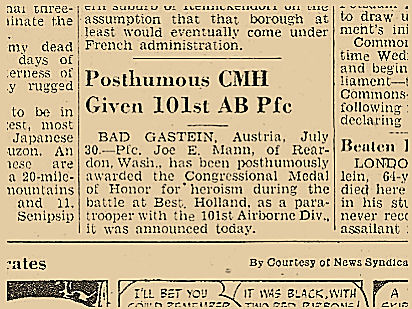
US Army Newspaper
"The Stars and Stripes" of July 30th,
1945 |
|
Location where PFC Joe E. Mann
was killed in action
The actions of 1LT Ed Wierzbowski's
platoon of "H" Company of the 502nd
Parachute, of which Joe Mann was a
member, are best described in
"Rendezvous with Destiny"; the
history of the 101st Airborne
Division on pages 293 to 298: |
|
(Click to enlarge)
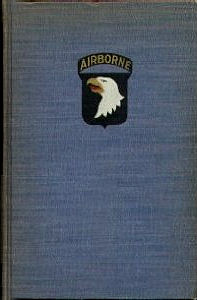 |
|
(Click to enlarge)
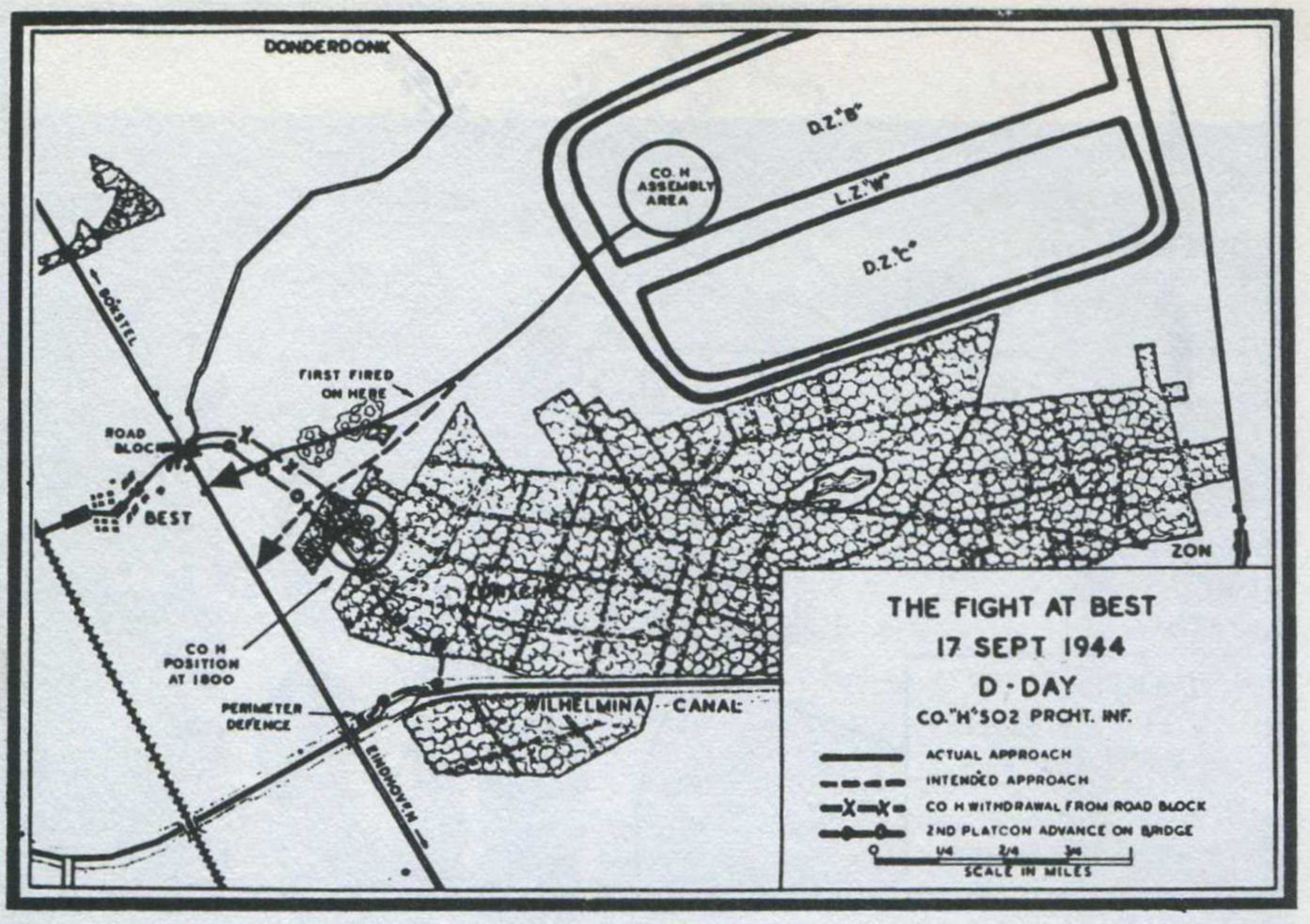 |
|
From the available documents it
becomes clear that Joe Mann was
killed while taking cover in a
fairly large foxhole on the north
bank of the Wilhelmina Canal in
Best, east of the road to Eindhoven
(known as Bosch Dijk).
Wierzbowsk's platoon had had visual
contact with the bridge but was dug
in away from it on a distance where
they had not been able to determine
what a man in civilian clothes had
discussed with a Nazi soldier on
that bridge, prior to its
demolition.
From comparing several period images
with the current situation on the
north canal bank, we know that the
location changed dramatically over
the years.
|
|
We studied: |
|
|
Drastic postwar terrain
alterations
After the war a paved road named NCB
Weg, bicycle lanes and a power relay
station have been constructed on the
north bank. The heavily damaged
Bosch Dijk bridge was replaced and
in 1986 an enormous 265 yard long
road bridge named "Airborne Brug"
was built allowing the A2 expressway
from Amsterdam to by-pass Eindhoven
en route to Maastricht and
eventually the Ardennes Forest in
Belgium and Luxembourg.
The construction of the "Airborne Brug" made it necessary to move the
original Joe Mann monument, unveiled
two years earlier, some 20 yards
east to its current location next to
a forest lane; Bos Laan Zuid in
Dutch.
Finally, in 2012, the swampy area
north of the bank saw the
development of huge do-it-yourself
and sports equipments businesses. It
would almost be safe to say that
nothing reminds of what
Wierzbowski's men went through in
this area some 68 years ago.
|
|
Trace evidence of battle on
combat scene
"Almost" nothing, as our visits to
the battlefield revealed two
important findings.
1) foxholes in between the canal
bank and behind the Joe Mann
monument.
2) US ammunition found on the canal
bank some 30 yards from the Bosch
Dijk road. |
Foxholes
We have a working hypothesis that
these foxholes have been dug by men
of Motolla’s platoon in "D" Company
who defended the left flank of the
American perimeter at the bridge. |
|
(Click to enlarge)




 |
|
US Ammunition |
|
(Click to enlarge)
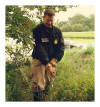



|
The American ammunition, two spent
.30 caliber shell casings and one
unfired of the same caliber, was
found on July 24th, 2011 by battledetectives Tom and Antoine and
the webmaster of
www.battleatbest.com
and subsequently submitted to the
Dutch Department of Justice’s
Netherlands Forensic Institute (NFI)
and examined.
This is the lab report from the NFI: |
|
(Click to open
report)
 |
From these findings we can determine
the general area of operations of
Wierzbowski's platoon while at the
canal bank. It is an oblong shaped
combat scene starting some twenty
yards east of Bosch Dijk and ending
ten yards east of the Joe Mann
monument.
The A2 "Airborne Brug" road bridge
consists of two sections, each 16.82
yards wide and accommodating double
lanes and an escape lane. The bridge
is constructed on concrete pillars
and an earthen ramp. The bridge cuts
the combat scene in two and,
moreover, its ramp covers a large
section of it.
When we where using the metal
detector on the canal bank in July
2011, moving west to east, we could
easily determine where the original
soil from the canal bank became
covered with the "substance" of
which the expressway ramp was made.
The detector picked up more and more
metal objects and examination of
them revealed old garbage, such as
jar lids and discarded cooking pans.
This led us to believe that
household waste from regional
garbage dumps was recycled into the
new "Airborne Brug".
Earlier, pre-"Airborne Brug",
research
From a reliable source, seen here
(image below, at left) talking to the
US military attaché
from the American Embassy in The
Hague at about the same location as
where Celso Garcia was photographed
in 1956, we know that several
American foxholes where still
present in the area where the A2
expressway now covers a large part
of Joe Mann’s combat scene. |
|
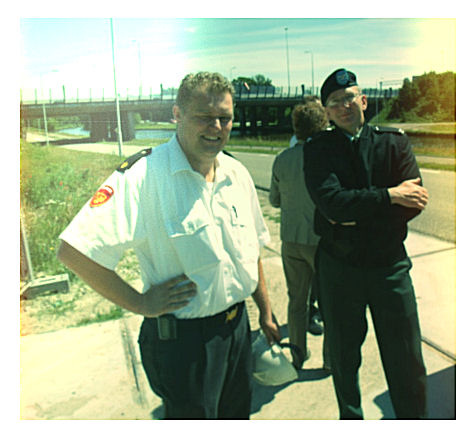 |
The location of today’s Joe Mann
monument in the corner of NCB Weg
and Bos Laan Zuid, is now located
some 200 yards east from its
original location where it was
unveiled in 1984. The monument had
been an initiative of an
organization named Brabants Airborne Museum
Foundation, with Christ van Rooij as
their chairman. Christ van Rooij was
a local historian who had been
interested in the actions of
Wierzbowski's platoon and the heroic
death of Joe Mann since the end of
World War Two.
Van Rooij was in possession of
several items which had belonged to
Joe Mann, such as his
Holy Bible and
rifle bayonet. After his death, Van Rooij's widow donated these items to
the municipality of Best in 2004. At
present day these items, together
with other items relating to Joe
Mann and the Medal of Honor which he
earned, are on display in the town
hall. |
|
(Click to enlarge)
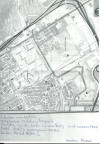


Christ van Rooij
(r.) and an unidentified eye witness
pointing location where Joe Mann was
Killed in Action.
(Source: Harrie Dijkhuizen;
submitted September 2012) |
Christ van Rooij and other local
historians had explored the
battlefield well before the
construction of the Joe Mann
monument and the "Airborne Brug". It
was from their research that the
location of for Joe Mann’s monument
was chosen where it was originally
erected.
|
|
From evidence obtained from the
Regional Historical Center in
Eindhoven (RHCE) in November 2012 we
know that:
- The Brabants Airborne Museum
Foundation initiated the placement
of a landmark on the spot where they
said Joe Mann was killed in January
of 1984.
- It was determined that this
location was on the Northen bank of
the Wilhelmina Canal in Best at
kilometer location 51.895.
- There is no production of evidence
for the choice of this location.
- This location is significantly
close to the water's edge and to the
bridge across the canal; the
original objective of LT
Wierzbowski's platoon.
- The monument was unveiled on 19
SEP 1984 at which time it was
donated by the Brabants Airborne
Museum Foundation to the
Municipality of Best.
- The property on which the monument
sat originally, belongs to the
Netherlands Royal Waterways
Authority (Rijkswaterstaat) and had
to be leased for the sum of 50
guilders annually.
- This lease ended when it was
decided to relocate the monument to
Boslaan on property owned by the
Municipality of Best in 1990.
- A map in the files indicates a
suggested relocation of the landmark
to the Southern bank, which has
never materialized. |
|
(Click to enlarge)
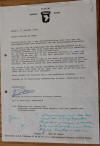

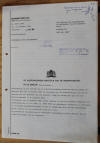
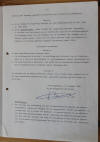


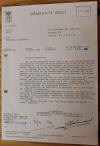
Documents about
the Joe Mann landmark from the
Municipality of Best,
filed in the archives of the
Regional Historical Center in
Eindhoven (RHCE)
|
|
Original location of Joe Mann
Monument; 'on this spot Joe Mann
earned MOH"
On 16 FEB 2013, Battledetectives
measured the spot where the original
monument indication the location
where Joe Mann was Killed in Action
according to the Brabants Airborne
Museum Foundation.
Locating kilometer location 51.895
provided to be handicapped by the
fact that the nearest kilometer sign
along
NBC-Weg was the one indicating
52.2(00).
We measured 315 meters back in
Western direction and marked the
spot where the monument was
originally dedicated in September
1984. |
|
(Click to enlarge)
_small.jpg)
_small.jpg)
_small.jpg)
_small.jpg)
_small.jpg)
_small.jpg) _small.jpg) _small.jpg) _small.jpg) _small.jpg)
.jpg)
|
In the meantime, we have contacted
almost everyone involved with the
Brabants Airborne Museum Foundation,
still alive today. So far we have
been able to discover documents
referring to the reason why this
organization choose this particular
spot.
|
CONCLUSIONS:
Although one may be inclined to
believe that the exact location
where Private First Class Joe
Eugene Mann met his heroic death
can still be determined spot on, we
think this is difficult in today's
combat scene along the canal bank.
It
has changed dramatically over the
years. It was
from the findings of Mr. Christ van Rooij
and others that the original 1984
Joe Mann monument was constructed;
on or in close proximity to the spot
where Joe Mann was killed in action.
The monument had to make way for the
construction of the A2 expressway.
The original location of the
landmark remained untouched but it
is assumed that the monument was
removed to prevent it from being
damaged by heavy road construction
machinery on the canal bank. From
the maps in the archive of the
Regional Historical Center in
Eindhoven we know where the original
Joe Mann landmark was located. We
are not (yet) aware of the
information which led the people of
the Brabants Airborne Museum
Foundation to pinpoint the spot at
kilometer indication 51.895.
OCTOBER 2013 UPDATE:
On 16OCT2013 we spoke with Mr. A.
Boertien, a brother of the late Mr.
H. Boertien who had been the
secretary of the Brabant Airborne
Museum Foundation and who wrote
the letter to the Mayor of Best on
17JAN1984.
Mr. Boertien stated:
|
"At the time I was also
involved in searching a
suitable location for the
spot where Joe Mann had been
killed in action. To do this
we, my brother and above all
Harrie DIJKHUIZEN, have read
a lot and did a lot of
questioning. My mother lived
on a farm that was located
nearby at the time. Harrie
DIJKHUIZEN showed numerous
aerial photographs and then
an approximate location was
chosen, based on stories,
books, staff reports and
books. And also in
connection with the story
that Joe Mann had destroyed
an 88 millimeter gun with a
bazooka across the
WILHELMINA CANAL, more in
the direction of SON. The
location where he had been
killed must have been on
higher ground. Close to the
canal is lower ground and
that is strategically
illogical.
In
Battle Study #22 on the
website I can see two
photographs of men pointing
to a spot in an overgrown
outdoors location. In these
photographs I recognize
Chris VAN ROOIJ on the right
side in both cases; but I do
not recognize the man on the
left.
I can tell that I have been
searching a lot in the area
around the northern canal
bank and in the Sonsche
forest. On one occasion, in
the vicinity of my mother’s
farm, I found an American
gas mask bag containing a
gas mask, bandages and a
necklace with the name
LAMADRID. I have tried to
locate this man but I have
never found information
about this soldier". |
|
For us, this concludes our research
for the exact spot of the fox hole
where Joe Mann and a number of his
platoon members were when the deadly
hand grenade landed in it. The
original Joe Mann monument stood in
the approximate location
because the exact spot is impossible
to indicate today.
By the way, The Pulles Rosters list
these details about LAMADRID:
|
|
LAMADRID, Ruben, Pfc, 502 2D
w/Best |
|
EXHIBITS:
Mapped ballistic evidence found in
proximity of the combat scene. |
|
(Click to enlarge)


|
|
Back to Battle Studies
 |
 |
|


